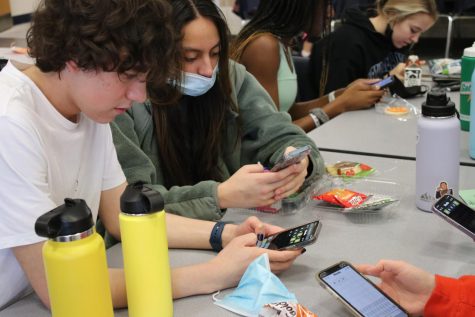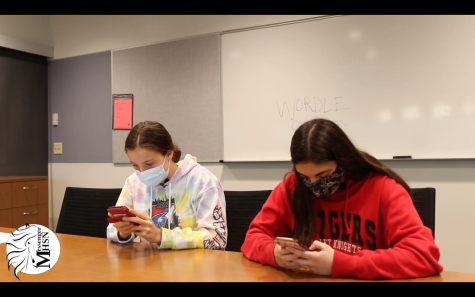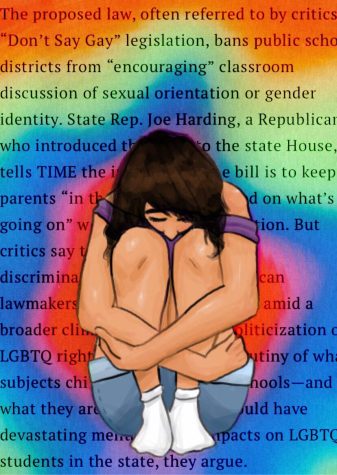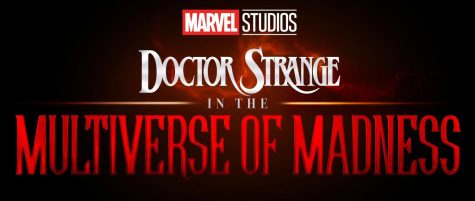Q&A With Dr. Daniel Hurewitz
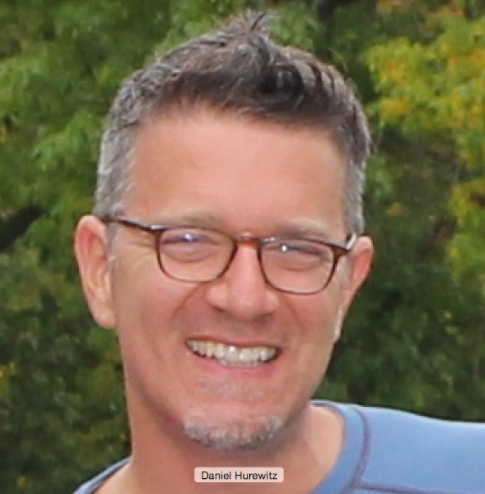
Q: What are your thoughts on the importance of teaching LGBTQ+ history in the curriculum?
A: When gay people show up in the curriculum, it can change the culture of the school. Suddenly there’s an authority voice who’s speaking out against the kind of general anti-gay joking that happens in high schools. And that can really change the school, make it feel much more safe for queer kids, and even for non-queer kids, it can open up a space for tolerance.
Q: What content from LGBTQ+ history do you emphasize teaching?
A: High school history teachers always seem to me, overwhelmed with content. They’ve got so much to cover over the course of the year. So my goal is to say ‘Hey, this isn’t about adding a whole new unit.’ This is about recognizing the people who are already there in American history and just adding them to the mix of what you’re teaching.
Q: How would removing LGBTQ+ history from the curriculum affect students’ mental health?
A: It’s clear that it isn’t easy to be a queer kid in a lot of American high schools right now. In some high schools I think that queer kids, from the adminisration on down, feel harassed and ostracized. So the flip side of that question is what’s clear is when you add this into the curriculum, even the tiniest bit, it improves the mental health of queer kids in the school. Their depression levels, their anxiety levels, their sense of belonging all improves. So to me this is a kind of mental health tool. If you have this material and you bury it in the curriculum or take it out or hide it, I think that undoes all those gains.
Q: What are your thoughts on the ‘Don’t Say Gay’ bill?
A: Today, LGBTQ folks are all over social media and television and the music world, so this curriculum isn’t introducing kids to something they’ve never heard of or thought about. What it does is it gives them the tools to understand the world around them. The idea that if you took away this curriculum, you would be preventing kids from learning about gay folks, it’s blind to the reality of American popular culture. What this kind of curriculum can do is help kids to understand the place of LGBTQ folks in American life.
Your donation will support the student journalists of Marquette High School. Your contribution will allow us to purchase equipment and cover our annual website hosting costs. You may become a PATRON by making a donation at one of these levels: White/$30, Green/$50, Blue/$100. Patron names will be published in the print newsmagazine, on the website and once per quarter on our social media accounts.
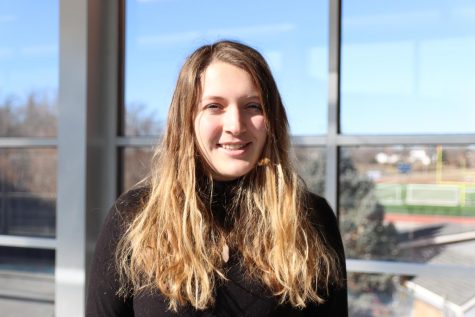
Marin Ellington (she/her), senior, is the Editor in Chief of the Marquette Messenger. In addition to her involvement in student journalism at Marquette,...




